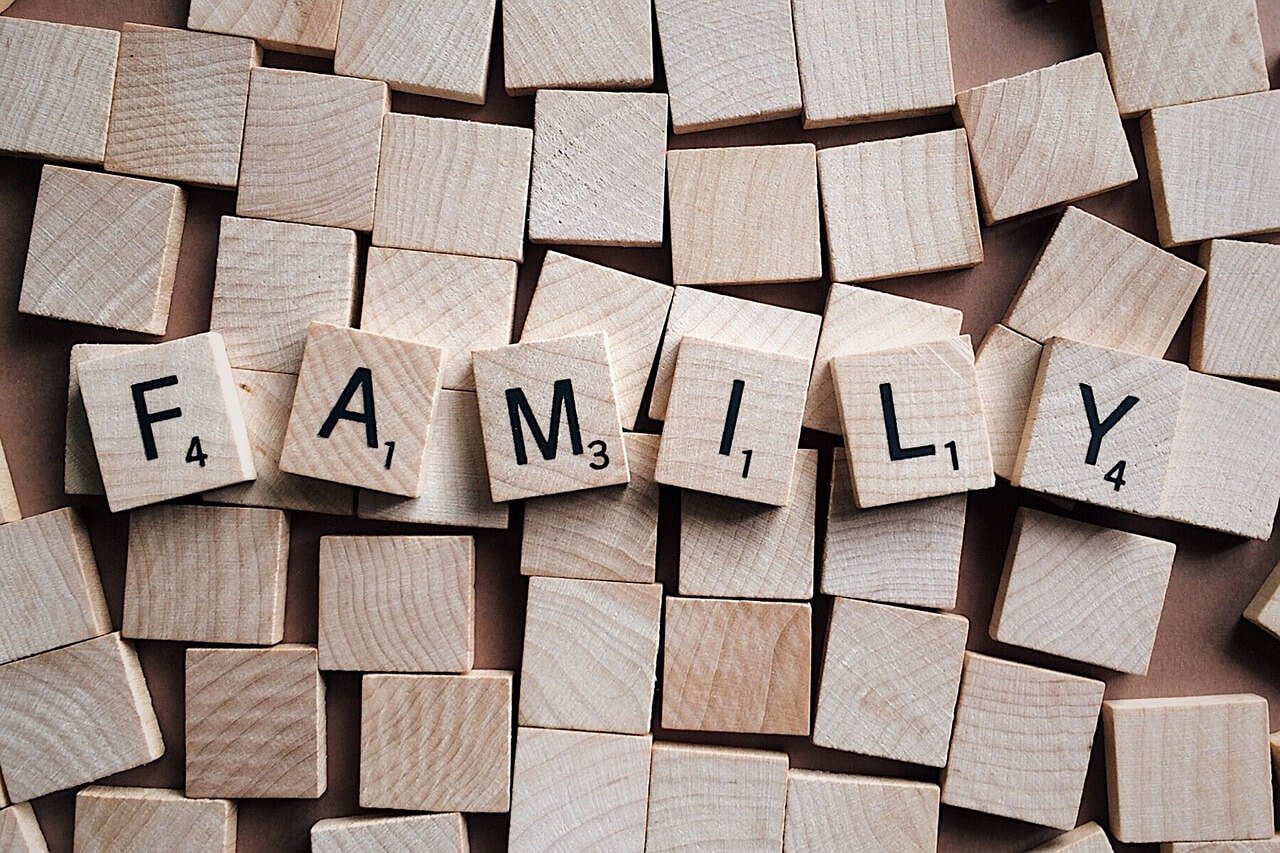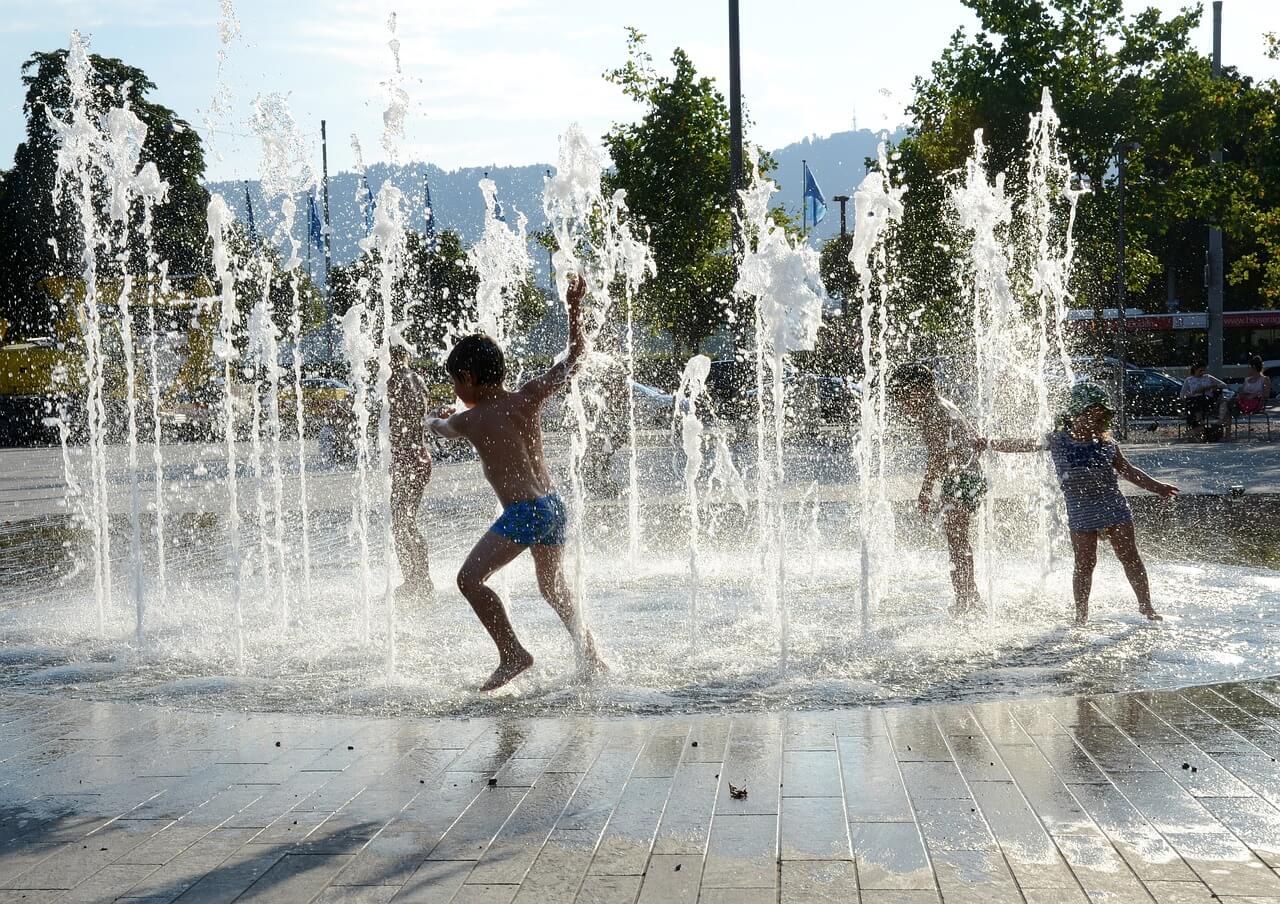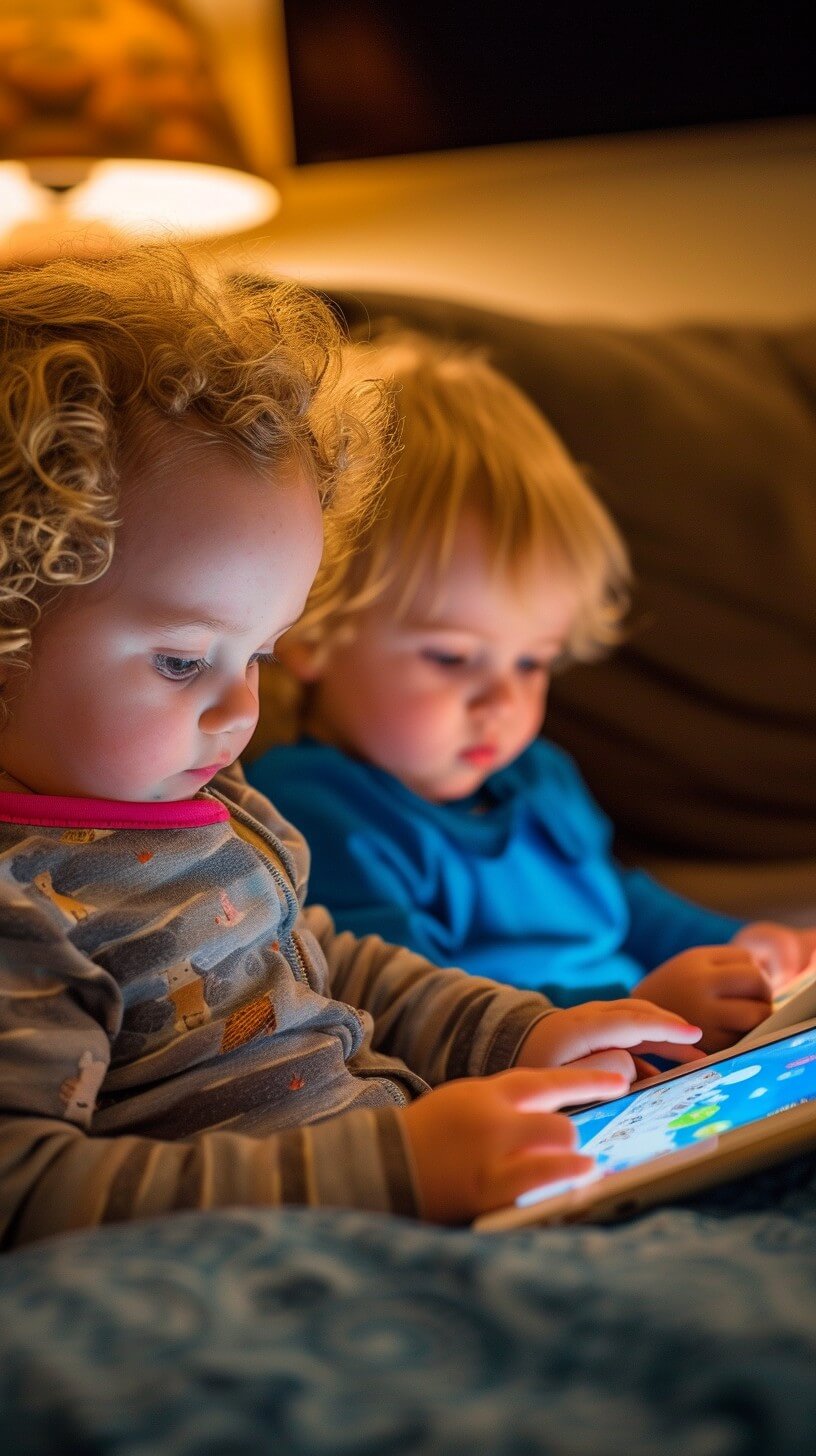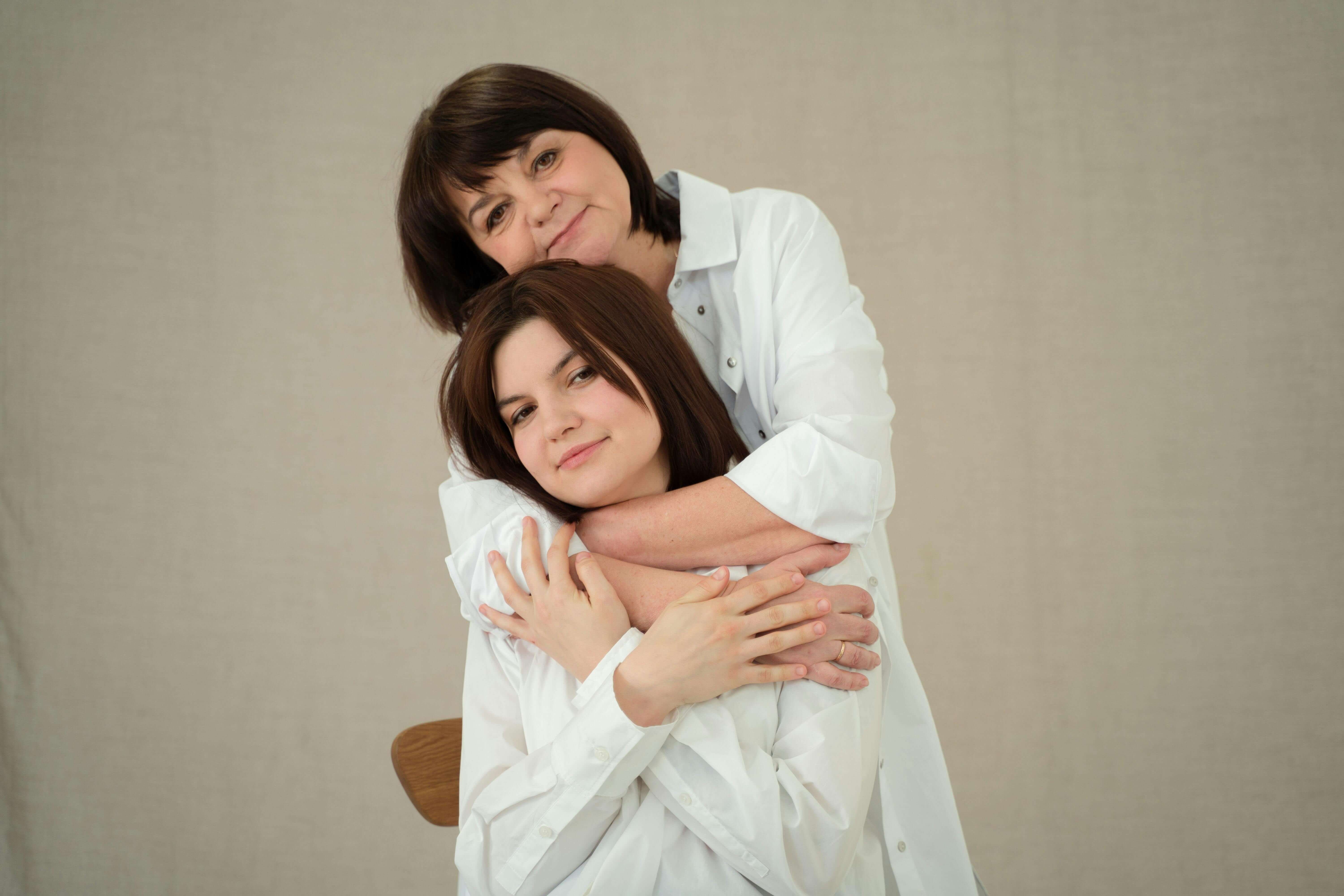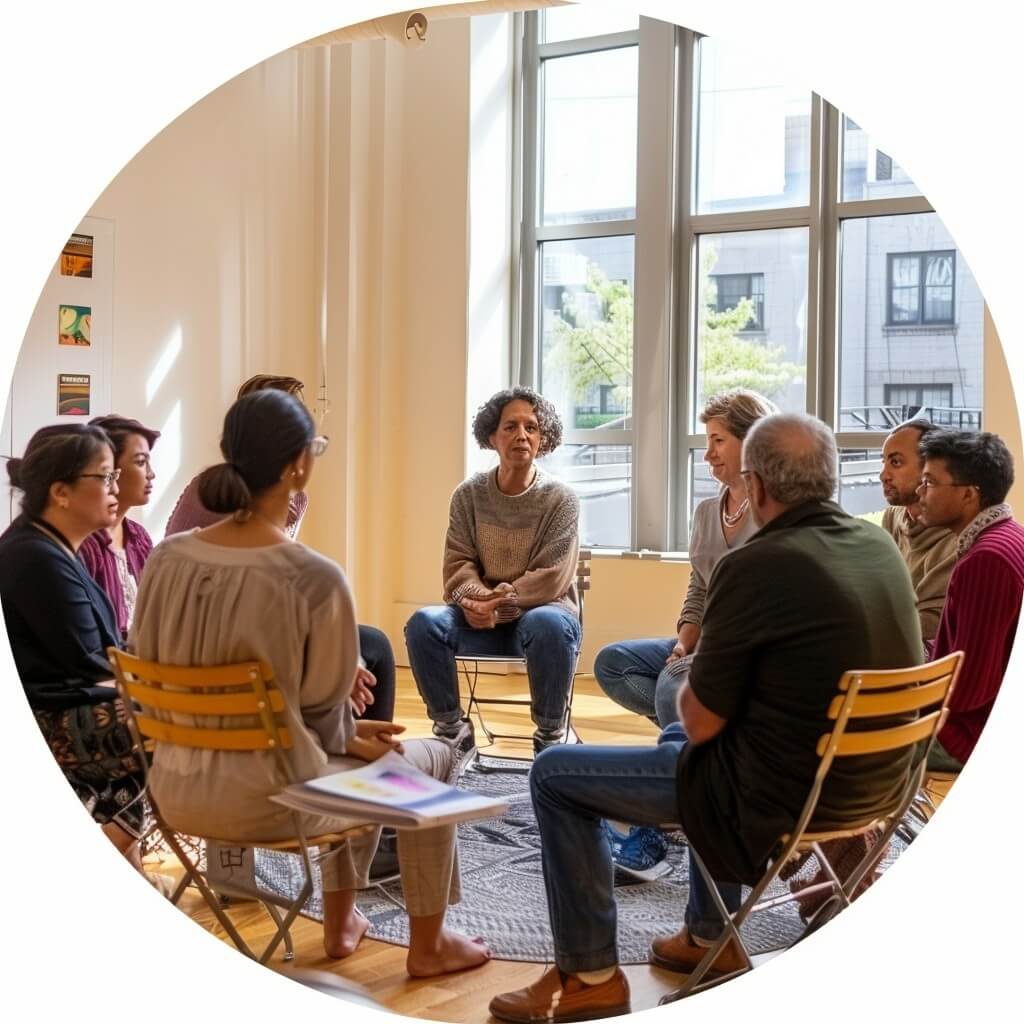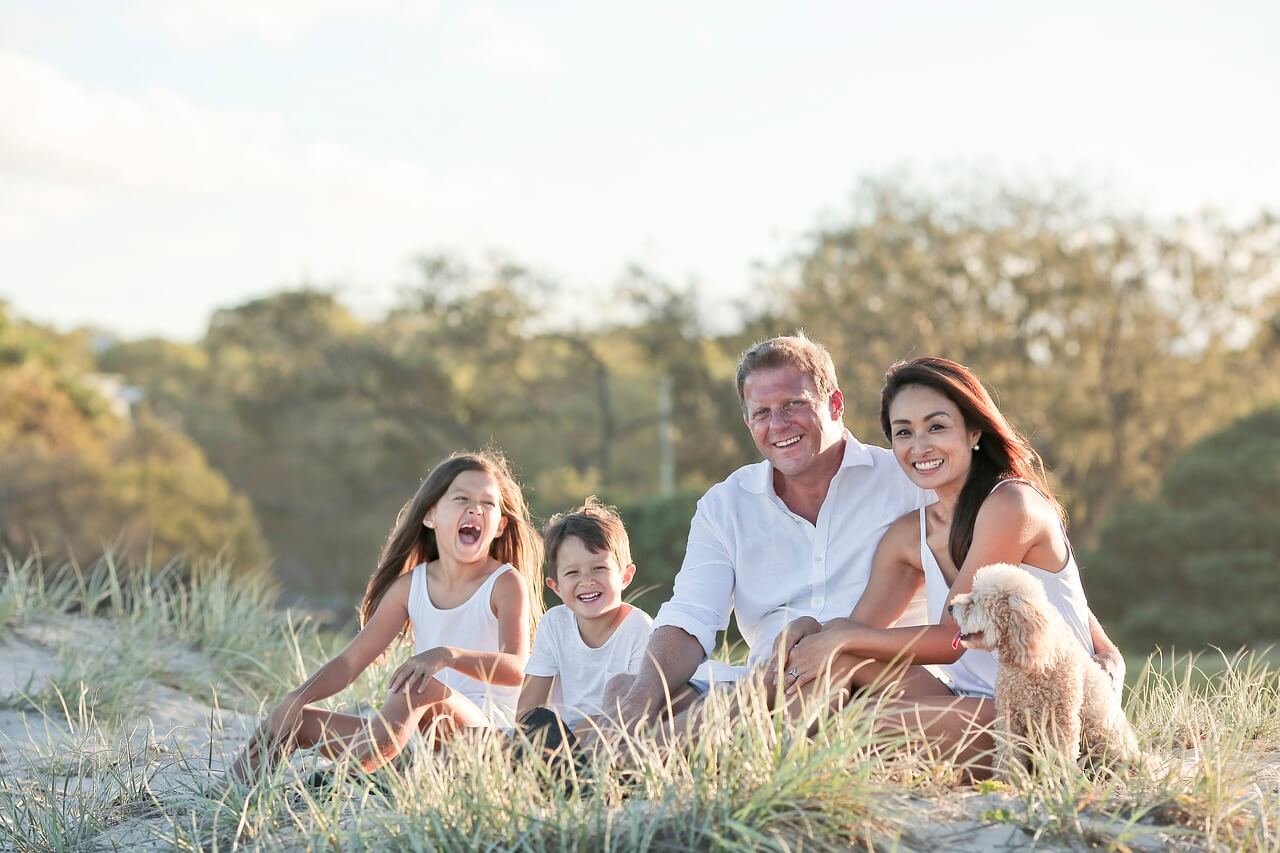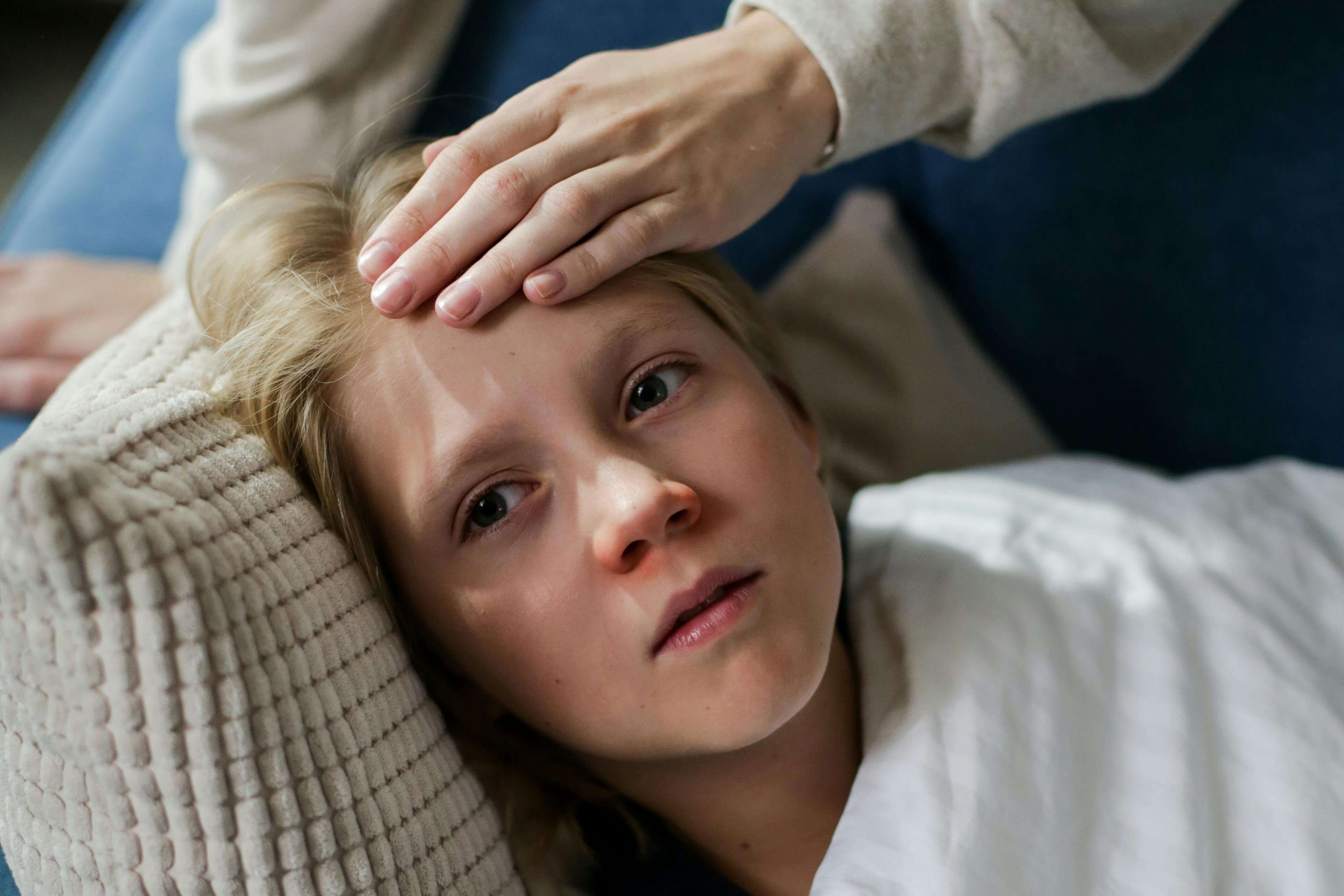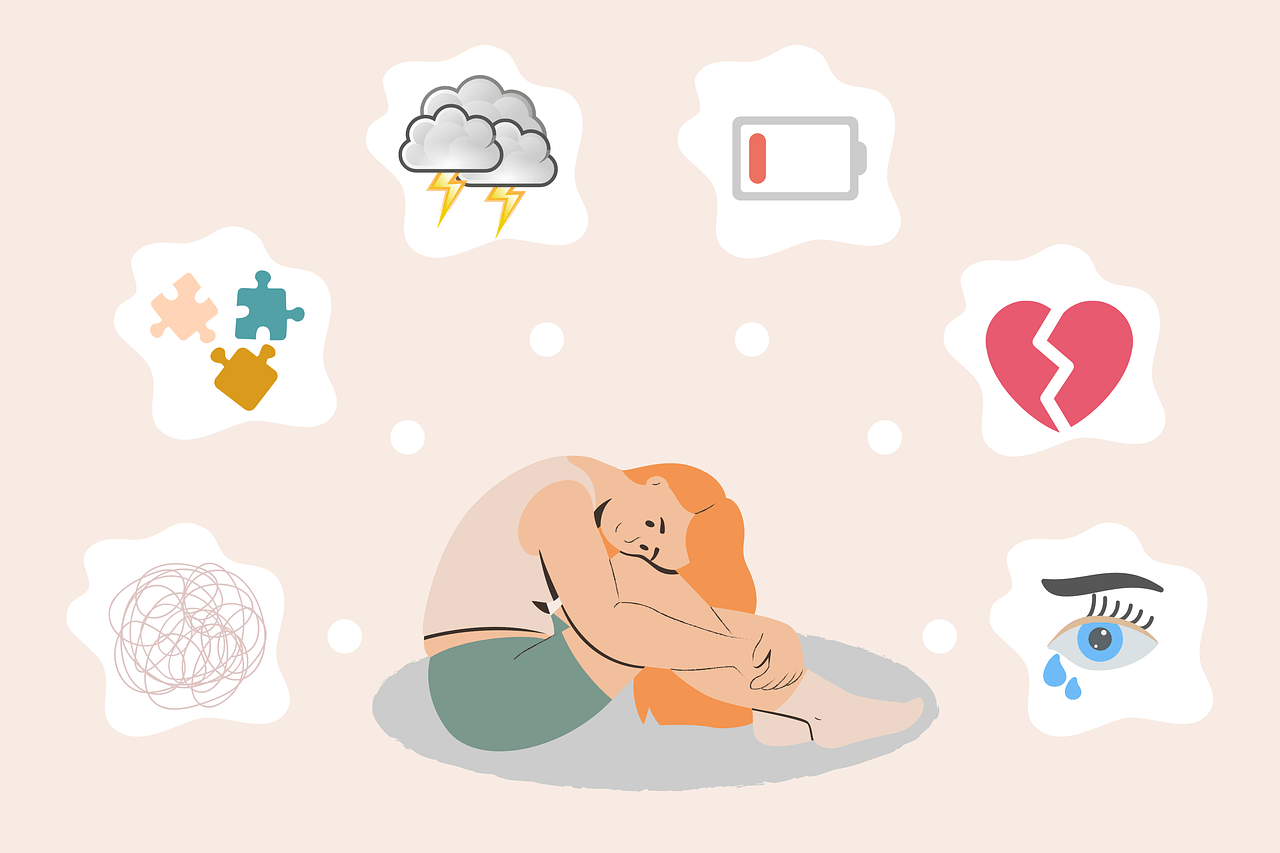🛠️ Breaking Generational Trauma in Parenting: A Real-World Guide for Cycle-Breakers
If you've ever caught yourself saying, "I swore I'd never parent like this," you're not alone — and you’re definitely not failing. You might just be standing at one of the most courageous crossroads of your life.
Breaking generational trauma in parenting isn’t about being perfect. It’s about becoming aware. And slowly, one choice at a time, creating the kind of home you always wished you’d grown up in.
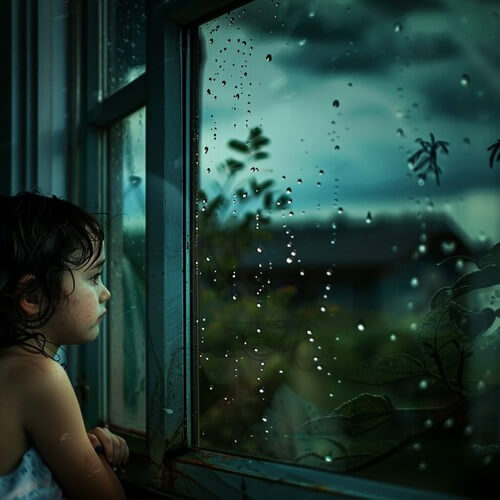
This guide isn’t here to lecture. It’s here to sit beside you — with real tools & stories, expert guidance, and a gentle reminder: you’re not broken. You’re healing. And that’s powerful.
🧠 What Is Generational Trauma, and How Does It Show Up in Parenting?
Generational trauma is emotional pain or stress passed down from one generation to the next.
It often starts from big things — abuse, neglect, addiction, war, racism, or displacement — but over time, it also embeds itself in the little things:
- Yelling that comes too fast
- Silence that feels like punishment
- Praise that’s tied to perfection
- Love that feels conditional
Dr. Gabor Maté, a leading trauma expert, says it best:
"Children don’t get traumatized because they’re hurt. They get traumatized because they’re alone with the hurt."
And so the cycle continues... unless we stop it.
🚨 How Do You Know If You're Carrying Generational Trauma?
It’s not always obvious. In fact, most cycle-breakers don’t realize they’re breaking cycles until they’re already doing it.
Here are a few subtle signs that might resonate:
- You overreact emotionally to your child’s small behaviors.
- You feel triggered by your child’s needs — especially when they need a lot from you.
- You hear your parents’ voices come out of your mouth… and it makes your stomach turn.
- You feel shame after parenting moments, even if you’re trying your best.
You’re not alone. And there’s no shame in noticing — in fact, noticing is step one.
🌿 The 5-Phase “Healing While Parenting” Chart
Here’s a simple, but powerful chart to help you understand where you are on your healing journey:
The 5-Phase “Healing While Parenting” Framework
Here’s a simple, but powerful framework to help you understand where you are on your healing journey:
| Phase | What It Looks Like | Affirmation |
|---|---|---|
| 1. Awareness | You start noticing patterns you don’t want to repeat. | “This ends with me.” |
| 2. Education | You learn about trauma, triggers, and parenting alternatives. | “I’m growing every day.” |
| 3. Therapy & Support | You seek professional help or join supportive communities. | “I deserve to heal.” |
| 4. Practice & Rewiring | You respond, not react. Mistakes still happen, but you repair. | “I am a cycle-breaker in progress.” |
| 5. Integration | You feel more regulated, connected, and aligned with your values. | “My children will know safety and love.” |
No phase is “better” — and you may move back and forth. That’s okay.
💬 Real-Life Story: From Triggered to Intentional
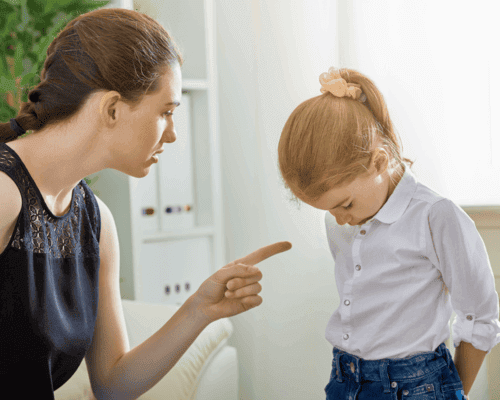
“I used to lose it when my toddler threw a tantrum. I’d yell, and then cry after she went to sleep. One night, I remembered how my mom used to yell… and how scared I felt.
That memory broke me — but it also cracked me open. I started therapy, got a gentle parenting book, and created a mantra: ‘My feelings are mine. Hers are hers.’ I still mess up, but now, I repair. And that changes everything.”
— Melissa, 34, mom of two
🛠️ Tools and Resources to Help You Break the Cycle
📚 Books to Start With:
- "The Body Keeps the Score" by Bessel van der Kolk — a trauma classic
- "Parenting from the Inside Out" by Dr. Dan Siegel
- "It Didn't Start With You" by Mark Wolynn — especially helpful for unpacking inherited trauma
💬 Therapy & Support Directories:
- PsychologyToday.com — filter by trauma-informed, parenting, inner child work
- Inclusive Therapists — for culturally aware, trauma-sensitive care
- Local parenting circles, Facebook groups, or Reddit’s r/CycleBreakers
🧾 Free Printable: Download the “Daily Cycle-Breaker Journal” (PDF)
Includes:
- Morning affirmations
- “When I feel triggered…” prompts
- Self-reflection space for parenting wins and repairs
❤️ What to Say to Yourself When You're Triggered
Here are some powerful, grounding statements to practice when old patterns threaten to take over:
- “This is hard… but I’m safe.”
- “I’m not my parents. I choose differently.”
- “This isn’t about my child. This is about my wound.”
- “I can repair after I rupture. That’s what matters.”
💡 Friendly Tips from Experts
“When you feel dysregulated, it’s not because your child is bad — it’s because an old part of you is being stirred up.”
— Dr. Becky Kennedy, Clinical Psychologist & Author
“Children will trigger the parts of us we haven’t yet healed. It’s not a sign of failure — it’s an invitation to heal.”
— Dr. Shefali Tsabary, Conscious Parenting Coach
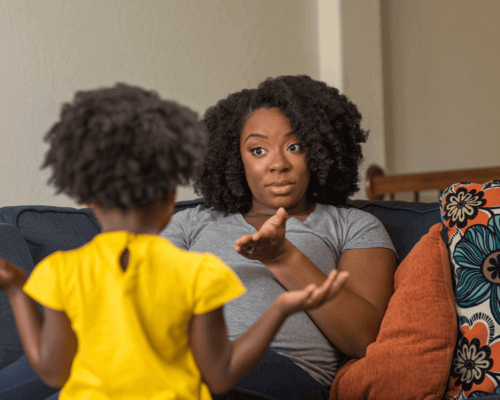
🧭 You're Not Behind. You're Brave.
If you’ve read this far, chances are you’ve already done what generations before you couldn’t — you’ve stopped to ask, “Is there a better way?”
That question alone is a revolution.
So take the next step. Find a therapist. Repair when you rupture. Your kids don’t need perfection — they need presence.
You are not alone, and you are not broken. You are brave. You are healing. You are a cycle-breaker.
📌 Share Your Story!
💬 Want to share your story or your favorite resource? Drop it in the comments. Let’s build a space where cycle-breakers support each other.

